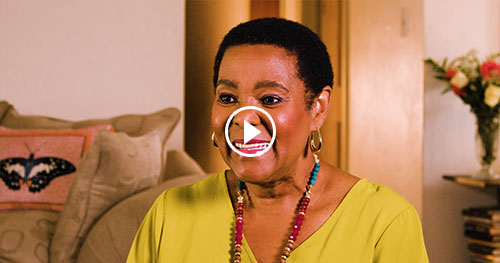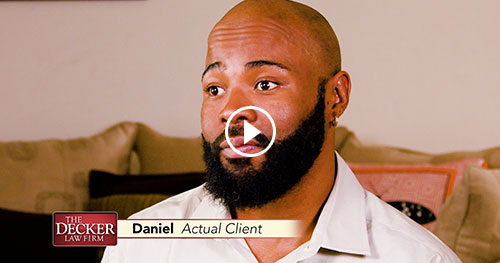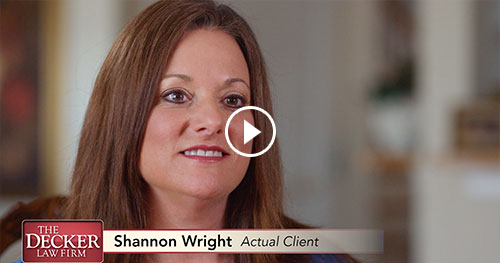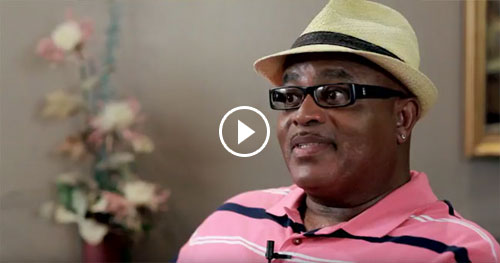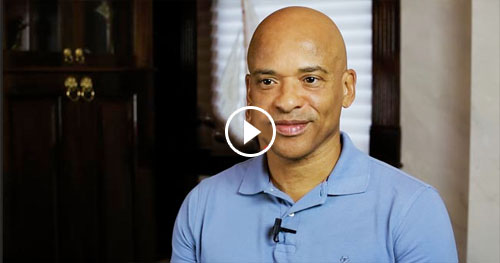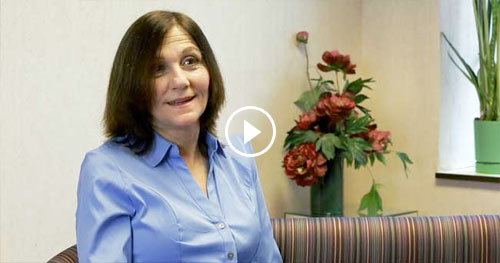Virginia Reckless Driving Attorney: Expert Legal Defense
Being charged with reckless driving in Virginia can feel overwhelming, especially when you discover the serious consequences you’re facing. Furthermore, many drivers don’t realize that reckless driving isn’t just a traffic ticket—it’s a criminal offense that can permanently impact your future. At Decker Law, we understand the stress and uncertainty you’re experiencing right now.
What Constitutes Reckless Driving in Virginia?
Virginia law defines reckless driving as operating a vehicle “recklessly or at a speed or in a manner so as to endanger the life, limb, or property of any person.” Consequently, this broad definition covers many different behaviors that put people and property at risk.
Common reckless driving violations in Virginia include:
- Driving 85+ mph or 20+ mph over the speed limit
- Racing on public roads
- Passing emergency vehicles or school buses
- Driving with faulty brakes or improper vehicle control
- Aggressive driving behaviors like tailgating or weaving
- Distracted driving, including texting while driving
Understanding Virginia Traffic Violations and Criminal Penalties
Unlike simple traffic violations, every type of reckless driving in Virginia carries potential Class 1 misdemeanor charges. Therefore, if convicted, you could face:
- Up to 12 months in jail
- Fines up to $2,500
- Six-month license suspension
- Six demerit points on your driving record for 11 years
- Permanent criminal record that cannot be expunged
Moreover, these penalties can affect your employment, insurance rates, and future opportunities. Additionally, professional drivers often face career-ending consequences from a conviction.
Long-Term Impact on Your Future and Career
A conviction creates lasting problems beyond immediate penalties. Since Virginia doesn’t allow expungement of criminal records, this conviction will appear on background checks for employment, housing, and other opportunities. Furthermore, insurance companies typically increase premiums significantly after a conviction.
Professional drivers face particularly severe consequences, as many employers require clean driving records. Similarly, if your job requires security clearance or professional licensing, a criminal conviction could jeopardize your career. Contact our experienced legal team to discuss your specific situation and explore defense options.
Why You Need Experienced Legal Defense
Representing yourself in court for these charges is extremely risky. Unlike traffic tickets, you cannot simply pay a fine and move on. Instead, you must appear in court, where a judge will determine your penalty based on the evidence presented.
At Decker Law, our experienced attorneys understand Virginia’s traffic laws and have successfully defended countless clients against criminal traffic charges. We know how to challenge evidence, negotiate with prosecutors, and present compelling arguments for reduced charges or dismissals.
Our legal team may recommend proactive steps to strengthen your case, such as completing a driving improvement course, obtaining speedometer calibration records, or gathering character references. However, these strategies take time to implement effectively, so contacting us immediately after receiving your ticket is crucial.
Traffic School Benefits
Completing Virginia’s driver improvement course can add five points to your driving record, potentially offsetting previous violations. Additionally, many insurance companies offer discounts for completing approved defensive driving courses.
Contact Decker Law for Expert Criminal Traffic Defense
Don’t let criminal traffic charges derail your future. Our skilled attorneys at Decker Law have the experience and knowledge necessary to fight for the best possible outcome in your case. We’ve helped numerous clients avoid criminal convictions, protect their driving privileges, and preserve their professional reputations.
Contact Decker Law today for a consultation about your case. Your future is too important to leave to chance, and early legal intervention often makes the difference between conviction and dismissal.


